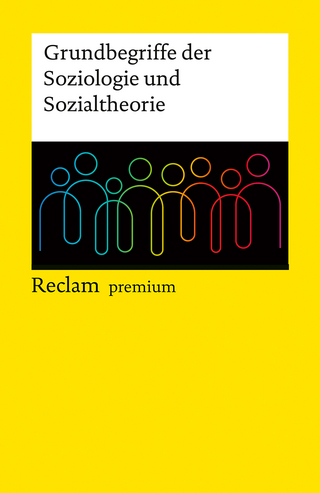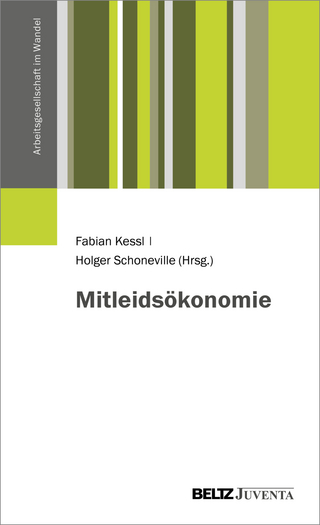
Towards a General Theory of Boredom
A Case Study of Anglo and Russian Society
Seiten
2022
Routledge (Verlag)
978-0-367-55367-8 (ISBN)
Routledge (Verlag)
978-0-367-55367-8 (ISBN)
This book offers a novel theory explaining the emergence of boredom in modernity. Presenting a Durkheimian topology of cross-cultural boredom, it grounds the sociological cause of boredom in anomie and the perception of time, and compares its development through case studies in Anglo and Russian society.
Through comparative historical research, this book offers a novel theory explaining the emergence of boredom in modernity. Presenting a Durkheimian topology of cross-cultural boredom, it grounds the sociological cause of boredom in anomie and the perception of time, compares its development through case studies in Anglo and Russian society, and explains its minimal presence outside of the West. By way of illustrative examples, it includes archetypes of boredom in literature, art, film, and music, with a focus on the death of traditional art, and boredom in politics, including strategies enacted by Queer intellectuals. The author argues that boredom often results from the absence of a strong commitment to engaging with society, and extends Durkheim’s theory of suicide to boredom in order to consider whether an imbalance between social regulation and integration results in boredom. The first book to scientifically explain the historical emergence and epidemic of boredom while engaging with cutting edge political debates, Towards a General Theory of Boredom will appeal to scholars across the social sciences with interests in social theory, social psychology, and sociology.
Through comparative historical research, this book offers a novel theory explaining the emergence of boredom in modernity. Presenting a Durkheimian topology of cross-cultural boredom, it grounds the sociological cause of boredom in anomie and the perception of time, compares its development through case studies in Anglo and Russian society, and explains its minimal presence outside of the West. By way of illustrative examples, it includes archetypes of boredom in literature, art, film, and music, with a focus on the death of traditional art, and boredom in politics, including strategies enacted by Queer intellectuals. The author argues that boredom often results from the absence of a strong commitment to engaging with society, and extends Durkheim’s theory of suicide to boredom in order to consider whether an imbalance between social regulation and integration results in boredom. The first book to scientifically explain the historical emergence and epidemic of boredom while engaging with cutting edge political debates, Towards a General Theory of Boredom will appeal to scholars across the social sciences with interests in social theory, social psychology, and sociology.
Elina Tochilnikova is Visiting Researcher at Northeastern University, USA. Her research focuses on the intersection between emotional experience and culture, and its expression within the realms of psychopathology, art, and politics, as well as on therapeutic game design. She earned her PhD from the Department of Sociology at Boston University, USA.
Introduction: The Democratic Experience of the Everyday 1. Boredom’s Definition: Qualities and Types 2. Boredom’s Historical Roots 3. Boredom as an Art Strategy 4. The Boredom of Politics: Explaining Attraction to Charismatic and Violent Rule 5. Notes on Anomie: Including Portraits of the Bored Conclusion: Modernity’s Revolutionary Challenge
| Erscheinungsdatum | 21.04.2022 |
|---|---|
| Reihe/Serie | Classical and Contemporary Social Theory |
| Zusatzinfo | 9 Tables, black and white |
| Verlagsort | London |
| Sprache | englisch |
| Maße | 156 x 234 mm |
| Gewicht | 470 g |
| Themenwelt | Sozialwissenschaften ► Soziologie ► Allgemeines / Lexika |
| ISBN-10 | 0-367-55367-8 / 0367553678 |
| ISBN-13 | 978-0-367-55367-8 / 9780367553678 |
| Zustand | Neuware |
| Haben Sie eine Frage zum Produkt? |
Mehr entdecken
aus dem Bereich
aus dem Bereich
Buch | Softcover (2024)
Phillip Reclam (Verlag)
CHF 17,90


